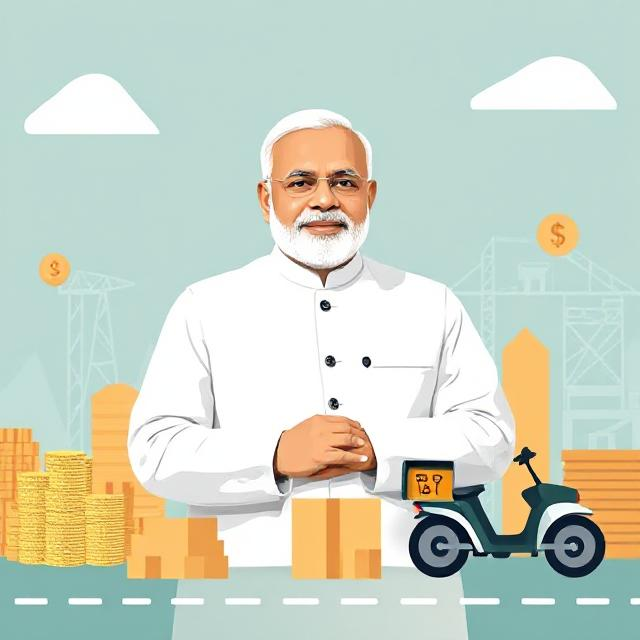The Union Budget 2025-26 proposes significant changes to India’s customs tariff structure aimed at promoting domestic manufacturing, facilitating trade, and supporting exports. The Finance Minister announced the removal of seven customs tariff rates for industrial goods, continuing the tariff rationalisation process started in 2023. The move will leave only eight tariff rates, including a ‘zero’ rate, and a focus on reducing duty inversion.
In a move to support the healthcare sector, the Budget exempts 36 life-saving drugs and medicines for cancer and rare diseases from Basic Customs Duty. Additionally, 37 more medicines will be included in the Patient Assistance Programmes, which offer full customs duty exemptions.
The Budget also focuses on e-mobility, with 35 additional capital goods for electric vehicle battery manufacturing being exempted from Basic Customs Duty (BCD). This is expected to boost the production of lithium-ion batteries, a critical component for electric vehicles. The government has also proposed to fully exempt BCD on cobalt powder, lithium-ion battery scrap, and other key minerals.
The Finance Minister introduced measures to support domestic textile manufacturing, including exemptions on shuttle-less looms and revised BCD on knitted fabrics. Other proposals include raising the BCD on Interactive Flat Panel Displays and continuing the BCD exemption for shipbuilding materials.
To boost exports, the Budget proposes extended time limits for exporting handicrafts and exemptions for crust leather, while also reducing duties on frozen fish paste and fish hydrolysate. Measures to ease business operations, such as a two-year time limit for finalising Provisional Assessments and incentives for voluntary compliance, have also been introduced.
These proposals are aimed at enhancing India’s competitiveness, facilitating trade, and promoting job creation through improved manufacturing and export incentives.


